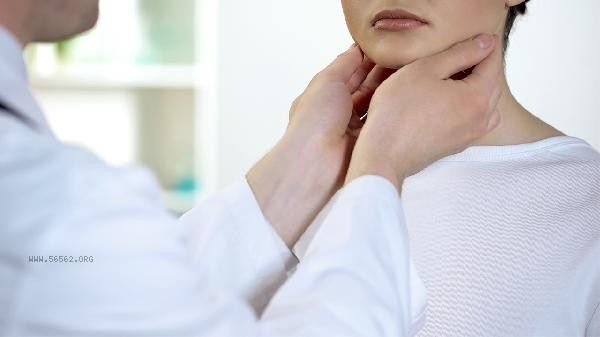The normal range of thyroid stimulating hormone (TSH) is generally 0.27-4.2 mIU/L. The actual reference value may vary slightly due to testing methods, laboratory standards, and individual differences. The main influencing factors include the sensitivity of detection equipment, changes in pregnancy hormones, thyroid disease status, drug interference, and age differences.

1. Differences in detection methods:
The sensitivity of detection techniques such as chemiluminescence and electrochemiluminescence used in different laboratories may vary, which may result in a fluctuation of about 0.1-0.3mIU/L in the upper and lower limits of normal values. The third generation detection technology usually sets the lower limit at 0.27mIU/L, while the second generation technology may set it at 0.35mIU/L.
2. Changes during pregnancy:
Pregnant women will dynamically adjust the TSH reference range due to the stimulation of the thyroid gland by chorionic gonadotropin (hCG). Early pregnancy is recommended to be controlled at 0.1-2.5mIU/L, mid pregnancy at 0.2-3.0mIU/L, and late pregnancy at 0.3-3.5mIU/L. This change is related to the developmental needs of the fetal thyroid gland.
3. Effects of thyroid diseases:

Subclinical hyperthyroidism patients may have TSH levels below 0.1mIU/L but normal thyroid hormones. Early Hashimoto's thyroiditis often presents with a mild increase in TSH levels of 4.2-10mIU/L. These outliers are associated with thyroid follicular destruction or receptor antibody production, usually accompanied by thyroid enlargement or antibody positivity.
4. Drug interference factors:
Corticosteroids and dopamine drugs can inhibit TSH secretion to below 0.1mIU/L, while lithium preparations and amiodarone may increase TSH to 5-10mIU/L. These drugs interfere with the detection results by affecting the hypothalamic pituitary axis or thyroid hormone conversion process.
5. Age related adjustment:
The upper limit of TSH in elderly people can be relaxed to 6-7 mIU/L, as thyroid function naturally declines with age. It is normal for TSH to temporarily increase to 20-40mIU/L at birth, but it should decrease to below 10mIU/L after 72 hours.

It is recommended to avoid vigorous exercise and high iodine diet for the first 3 days before testing, and maintain a regular daily routine. Pregnant women, those taking thyroid related medications, or those with a family history of thyroid disease should choose to undergo fasting testing in the morning. If the results are abnormal, a comprehensive judgment should be made based on indicators such as FT3, FT4, thyroid antibodies, etc. Regular follow-up can avoid single detection errors. Daily attention should be paid to observing signs of thyroid dysfunction such as fear of heat, palpitations, and sudden weight changes. Residents in coastal areas should control their intake of iodine rich foods such as seaweed and seaweed.









Comments (0)
Leave a Comment
No comments yet
Be the first to share your thoughts!